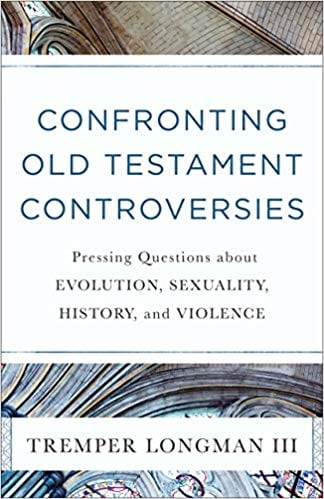Q. It seems obvious from the literary artistry of the creation accounts (including rhythm and rhyme—e.g tohu wubohu) that the author is not attempting to give us a scientific description of exactly how creation happened. Further, why would God download a scientific description on a pre-scientific people who would only be befuddled by it? It seems odd that many conservative Christians feel like the Bible must be evaluated in modern terms based on our own modern ways of viewing the world, even though the original audiences of the Bible did not share a good deal of our worldview. This I think leads to the proper conclusion, namely that the Bible in the first place was addressing its own first audience, and what it meant back then and back there is still what it means today—- hence the need for contextual exegesis and the need for us to do detailed contextual studies of these past contexts. It also suggests that the subject matter of the Bible is not geology or cosmology or other scientific studies, but rather history, theology and ethics, and this is what the author are trying to teach us about. Would you agree?
A. Well stated. I can’t say it any better. I would add that this is what makes me question not only Young Earth Creationism but also the approach of Hugh Ross and the people at Reasons to Believe. Let me say that I have the pleasure to know Hugh a bit and also the others who work there and they are wonderful people who have the gospel at the heart of their work, but they come at this question with a belief that the ancient Scriptures embed truths that only a modern audience could understand. For example, when Psalm 104 says that God stretched out the heavens, they see this as a reference to the Big Bang theory. That is not a proper way in my opinion to read Scripture. Now I should say that I am also a supporter of a Christological or Christotelic interpretation of the Old Testament and do believe that we see the anticipation of Christ clearer in the light of the resurrection than before. Once one of the people associated with Reasons to Believe, knowing my opinion on that subject, asked why that would not also be true when it came to science. My response was that the Bible’s message was a redemptive historical message that culminates in Christ, it is not interested in teaching science.












